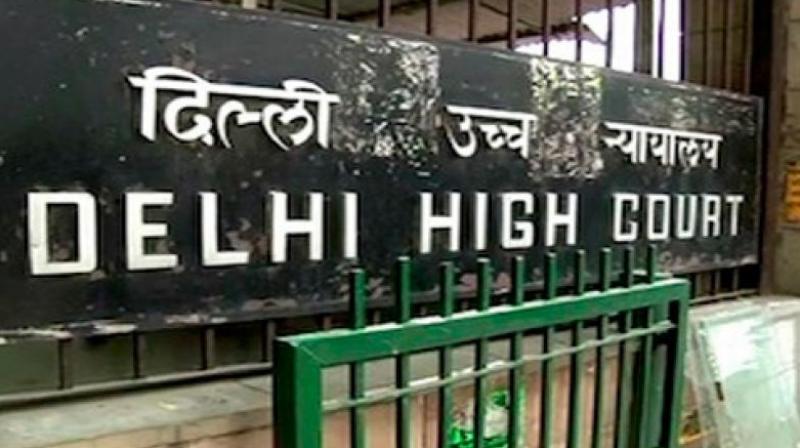Clarify what is office of profit'
The MLAs were not given a hearing, thus bringing into question the very process by which the matter was decided.

The Delhi high court has restored the membership of 20 disqualified Aam Aadmi Party MLAs. The case has been referred back to the Election Commission to be heard afresh. It is the Election Commission’s reputation that is under review here, and not so much the issue of office-of-profit, which has had various interpretations given to it in different states at different times. What was questionable was the manner in which the EC disqualified the MLAs for holding office as parliamentary secretaries to ministers of the Delhi state government while holding office as elected legislators of the people. The brusque way in which the disqualification was handled led to suspicions over whether the commission was indeed non-partisan in its ruling. The MLAs were not given a hearing, thus bringing into question the very process by which the matter was decided.
There are several rulings on this question that may be at variance with the AAP case order in the Delhi high court. The question of whether MLAs and MPs can draw salaries while holding such posts is a larger principle that must be addressed by the Supreme Court if we are not to get into a situation again as it happened in the Delhi Assembly. Since the AAP has an overwhelming majority, the EC ruling did nothing to tilt the balance of power. It could have been different had such a decision been made with regard to an Assembly where a government has a thin majority. What also vitiated the decision was its timing as the CEC was then on the verge of retirement. Also, the principle of natural justice was also not applied in not granting a hearing to the affected legislators. In order not to allow such events to recur, a more precise definition of “office of profit” is required.
